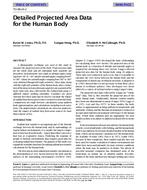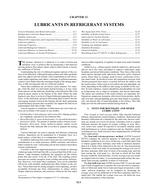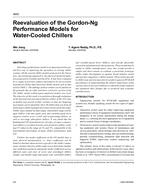The air distribution systems in rooms can often be considered to be fully mixed, except for systems as e.g. displacement ventilation. The degree of the mixing process and its influence on passive smoking, cross infection risk, and other interaction between people in a room have already been studied with respect to macroscale.
This paper discusses the flow in the microenvironment between people in rooms. It is shown that the flow around a person (the source) influences other persons in different ways. If the persons are standing at some distance, the general air distribution system in many cases creates a fully mixed concentration, which to some extent protects people from a high exposure from the source person. If people stand close to each other there may exist a direct flow from the source person to the other persons.
The measurements shown in the paper are made by thermal manikins with tracer gas supplied to the breathing flow. The measurements show that the level of cross infection, or flow of tracer gas from one manikin to the other, has two routes. One route is through the room air as background concentration, and the other is through a direct flow between two people because of the exhalation from the source manikin. This effect in the microenvironment is important when the distance between the persons is smaller than 1.2 m. The paper shows the effect in rooms with different air distribution systems.
Units: SI
Citation: ASHRAE Transactions, vol. 114, pt. 2, Salt Lake City 2008
Product Details
- Published:
- 2008
- Number of Pages:
- 7
- File Size:
- 1 file , 2.3 MB
- Product Code(s):
- D-SL-08-064


